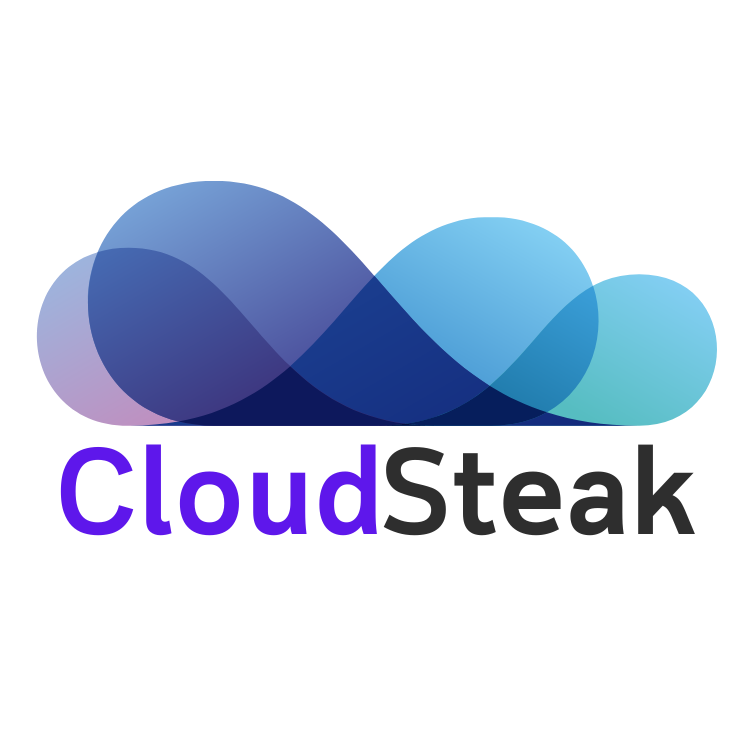Welcome to above the clouds

AWS – Cross-cluster Replication is now supported on existing Amazon OpenSearch service domains
Amazon OpenSearch Service now supports cross-cluster replication on existing domains. Cross-cluster replication enables you to automatically copy and synchronize indexes from one domain to another at low latency in same or different AWS accounts or Regions. With cross-cluster replication, you can achieve high availability for your mission critical applications with sequential data consistency. Read More for […]

AWS – Cross-cluster search is now supported on existing Amazon OpenSearch Service domains
Amazon OpenSearch Service now offers support for cross-cluster search on existing domains. Cross-cluster search enables you to perform searches and aggregations across multiple domains with a single query or from a single OpenSearch Dashboard interface. With this feature, you can separate heterogeneous workloads into multiple domains, which provides better resource isolation, and the ability to […]

Azure – Public preview: Azure Virtual Machines DCsv3 available in Switzerland and West US
Confidential computing DCsv3 and DCdsv3-series virtual machines (VMs) are in preview in Switzerland North and West US. Read More for the details.

Azure – Generally available: Azure Virtual Machines increase storage throughput by up to 300%
Microsoft is announcing the general availability of the Ebs/Ebds v5 memory optimized Azure VM series, that deliver up to 300% increase in remote storage performance compared to prior generation VMs. Read More for the details.

Azure – Public preview: Capacity reservation support in AKS
You can now use reserved capacity with AKS via the capacity reservation feature. Read More for the details.

GCP – Supporting the hybrid workforce: Extending Chrome management to mobile devices
The way we work is evolving. With organizations shifting to hybrid work environments, employees need easy access to business apps and data anytime and anywhere. From a management perspective, this means IT needs to be able to manage their tech stack across various devices and operating systems. Chrome Browser Cloud Management gives IT teams a […]

Azure – Generally available: Support for copying tiles added to Azure IoT Central
IoT Central customers will now be able to quickly build new visuals in their dashboards by simply copying an existing tile. Read More for the details.

Azure – Generally available: Azure Data Explorer Inline script deployment with ARM Template
We can now build an entire Azure Data Explorer environment with ARM template. Schema entities (e.g. tables, functions, policies) can be deployed without an external storage account. Read More for the details.

GCP – A migration story part 2: How NCR & Opus built better availability and resilience for card management in the cloud
This is the second part of the blog series that covers the migration story of NCR Corporation’s Card Management solution, Authentic Cards, to Google Cloud. This installment describes the Google Cloud solutions used in the architecture to strengthen the functional and technical capabilities of the product. We start again by reiterating the fact that migrating […]

GCP – Deliver exception messages through Slack and Webhooks for fast resolution
Building new applications is a lot of fun, but troubleshooting and fixing the crashes that can come with app development is not. While many organizations are fast adopting the DevOps model, there are still some legacy frameworks where developers and operations teams are separate. Developers build and submit apps to their ops team, who in […]
